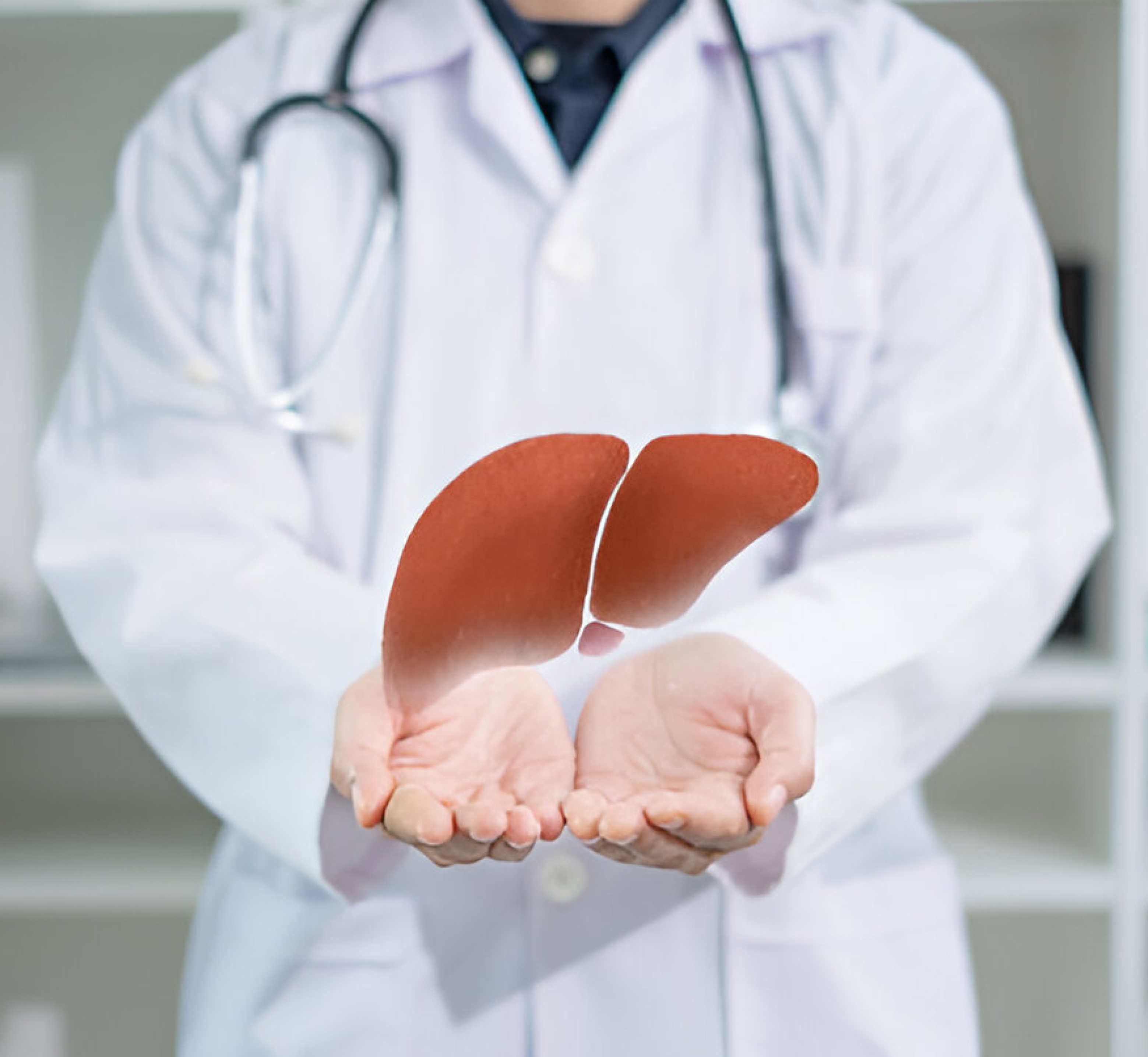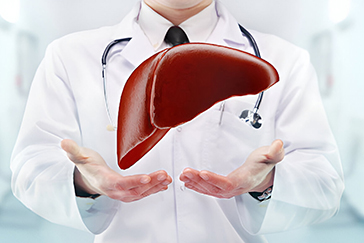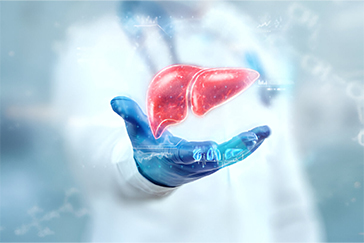 Book Appt.
Book Appt.
 Call Now
Call Now


The liver is the largest gland in the human body, made up of tiny cells known as hepatocytes. An injury or severe damage to the liver can hinder the flow of blood to these cells, causing them to die. This is known as liver necrosis or hepatic necrosis. The problem can be seen in people with pre-existing liver problems, both acute and chronic. Hepatic necrosis eventually leads to liver failure, thereby giving rise to the need for a liver transplant.
What is Hepatic Necrosis?
Hepatic necrosis is a condition marked by the death of hepatocytes, i.e. the tiny cells that make up the liver. This happens as a result of tissue injury, which prevents the flow of oxygen-rich blood to the liver. If a large area of the liver has been necrosed, it can even result in gangrene. Damage, once induced, cannot be reversed. There are several different factors that may be responsible for causing it. Acute hepatic necrosis happens to be the second most common reason for death in patients with iron poisoning.
What are the types of acute hepatic necrosis?
There are several different types of acute hepatic necrosis. These are:
What causes acute liver necrosis?
Every cell in our body gets essential nutrients and oxygen from the blood and this holds for the liver cells as well. However, there are certain factors that can affect this flow of blood, preventing the hepatic cells from getting enough blood. This leads to irreversible damage, causing the cells to die. This can happen due to an underlying medical condition of the liver or certain other factors, that include:
What are the indications of acute liver necrosis?
Symptoms that might be an indication of acute liver necrosis include:
When is the right time to see a doctor?
It is advisable to see a liver doctor as soon as you notice any of the symptoms. Experiencing these does not necessarily indicate that you have acute hepatic necrosis and hence it is better to go for a detailed assessment before reaching any conclusion.
SHALBY Sanar International Hospitals provides extensive medical procedures backed up with our state-of-the-art technology and a team of highly qualified & experienced clinical experts.
Our doctors pen down their research findings and experiences from time to time. Their words provide deep insight into the latest techniques, technologies and other advancements in healthcare. It provides expert answers to all kinds of health questions for real-life issues.
VIEW ALL




Since the day of its foundation, SHALBY Sanar International Hospitals is committed to provide comprehensive healthcare services. It regularly organizes awareness programs in its premises and encourages outdoor healthcare activities and camps with an intent to put focus on preventive healthcare.
VIEW ALL